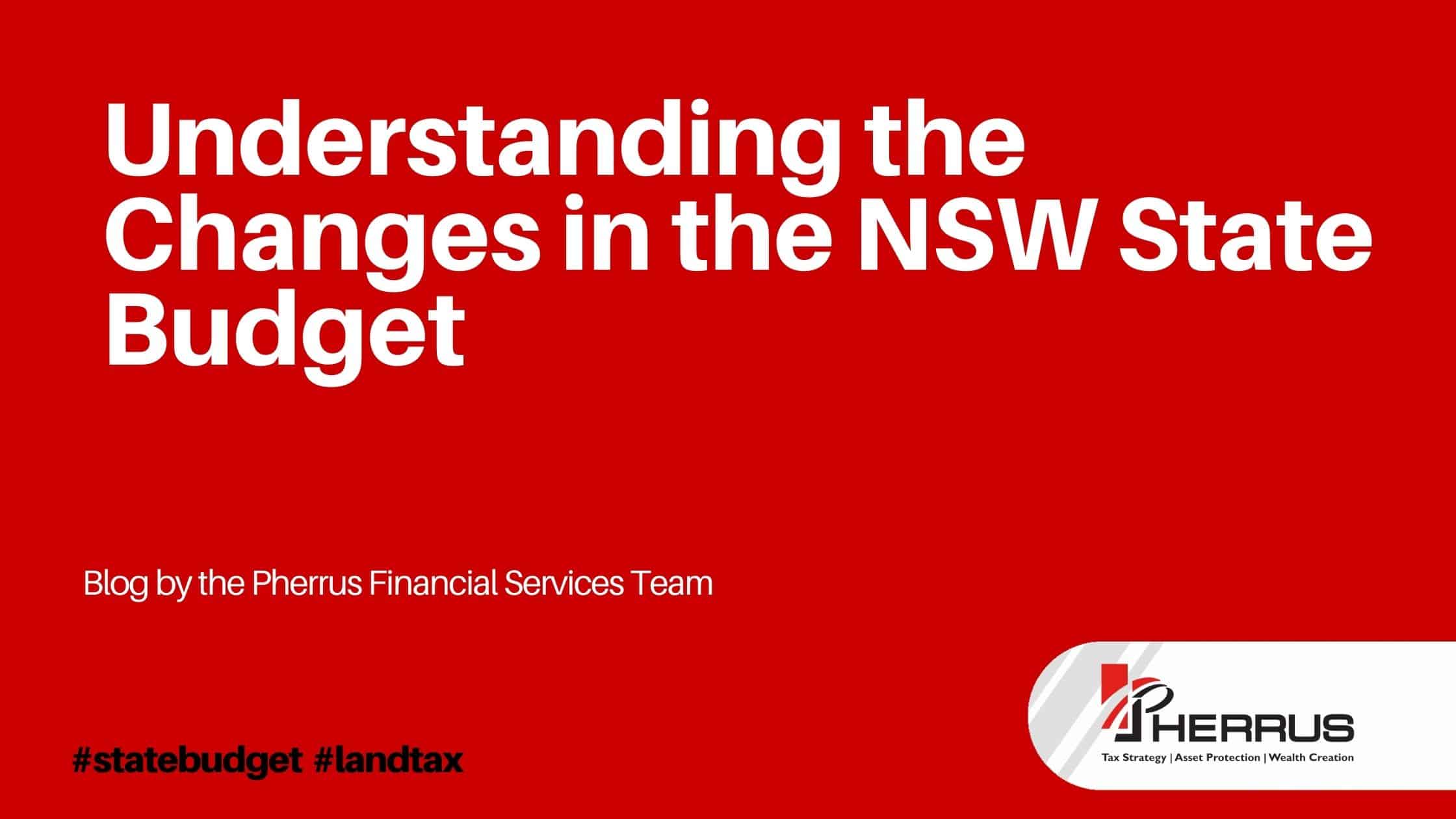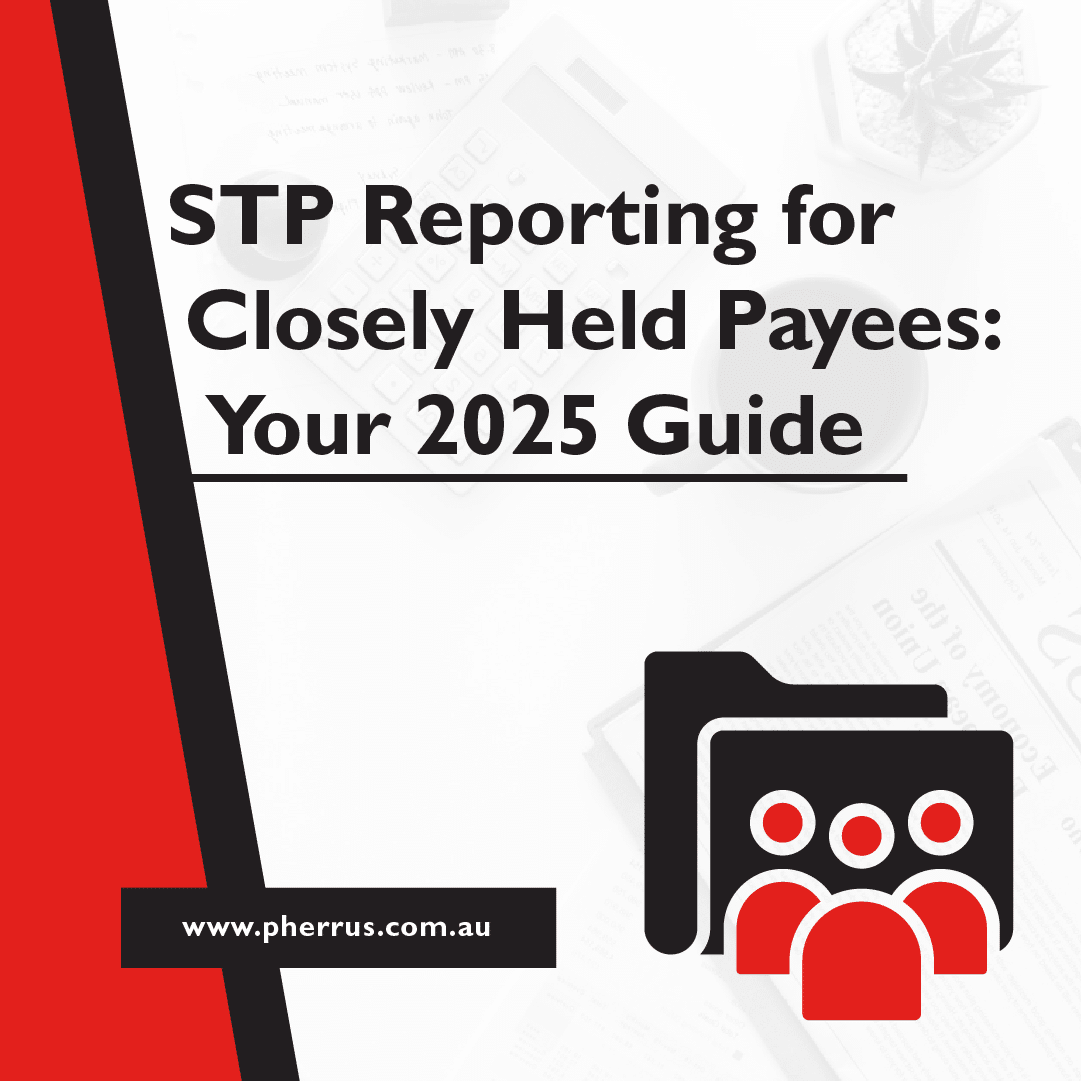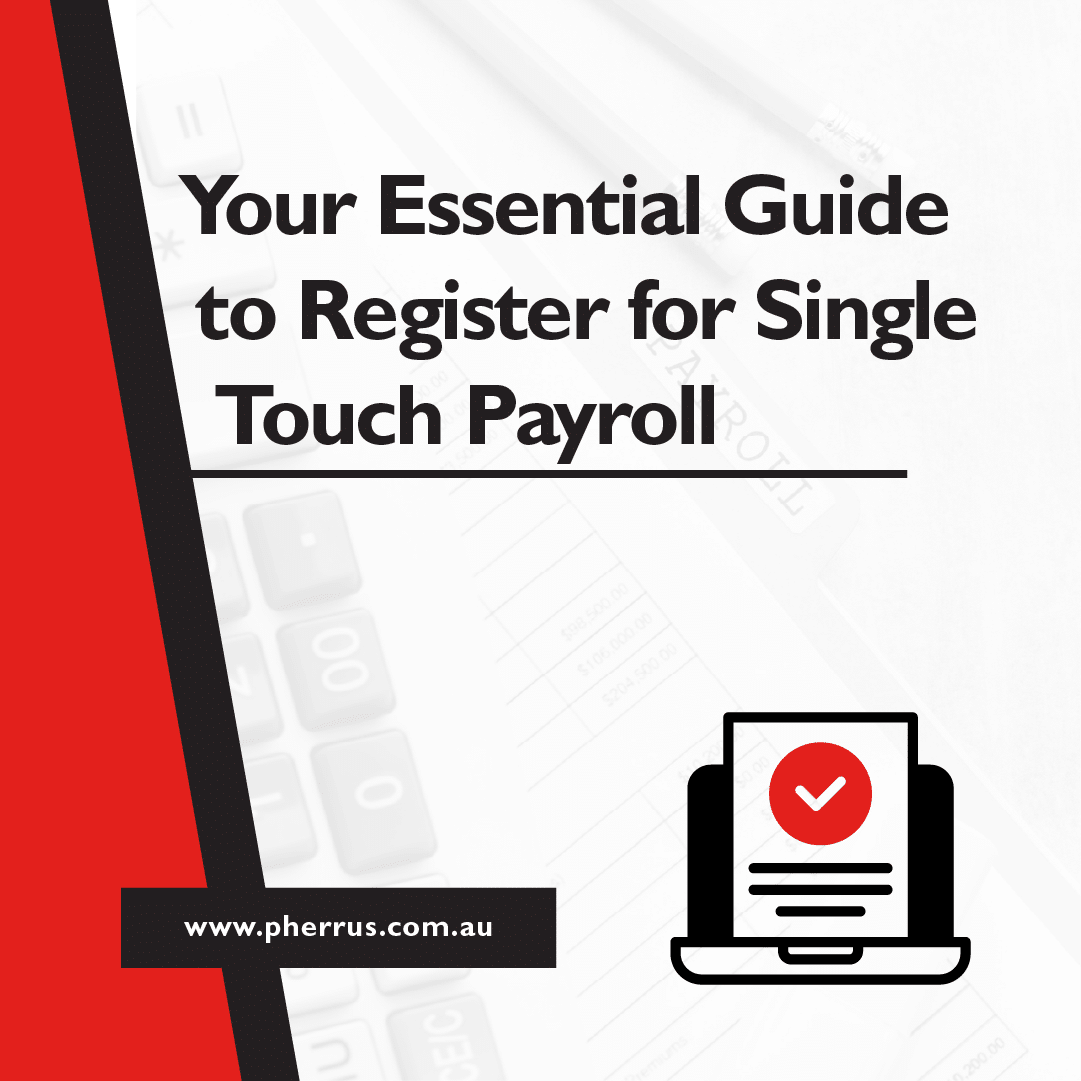Following the announcement of the state budget for 2023-2024, you’re probably trying to get your head around the amendments that are relevant to you. Here are the main points to note:
Changes to the Land Tax Exemption for a Principal Place of Residence
A minimum ownership requirement is going to come into effect so that you are only exempt from paying land tax on your principal place of residence if you own an interest of at least 25% in the property.
The good news here is that there is a transition period, so you will not immediately have to start paying land tax if you own less than 25%.
If you currently claim this tax exemption on your principal place of residence, you can continue to claim it for the 2024 and 2025 land tax years.
The minimum ownership requirement will apply from the 2026 land tax year.
Changes to the “Significant Interest” Thresholds for Landholder Duty
Landholder duty is charged if you have holdings of a “significant interest” in private companies or unit trusts that (directly or indirectly) hold NSW land with a value of $2 million+.
Previously, the threshold for a significant interest was 50% but this has now been lowered to 20% for private unit trusts, so landholder duty will now be charged on holdings of 20% or more.
The shift from 50% to 20% will also apply to the tracing of property through ‘linked entities’ of a landholder.
The 50% threshold will stay the same for holdings in wholesale unit trusts that are registered with Revenue NSW, and for private companies.
The threshold for public landholders is 90% and this has not changed.
The new thresholds will apply to acquisitions that are completed on or after 1 February 2024, unless the agreement or arrangement was initiated before this amendment was brought to Parliament.
If you are unsure about anything that was announced in the latest budget, or would like more clarification, the specialists at Pherrus would be happy to break it all down for you.
Give us a call or get in touch.




